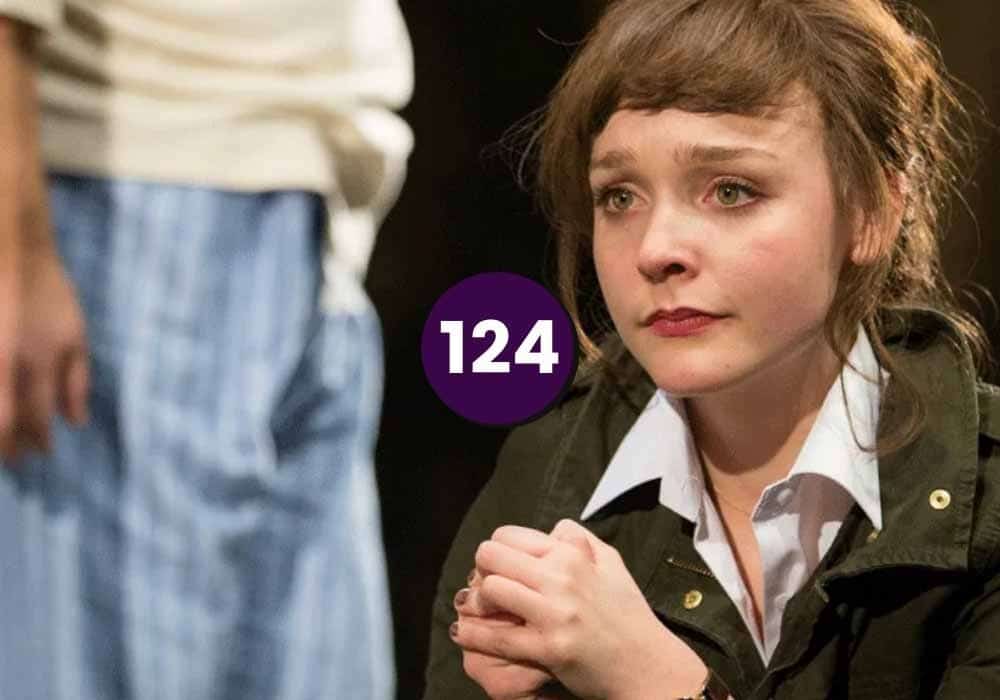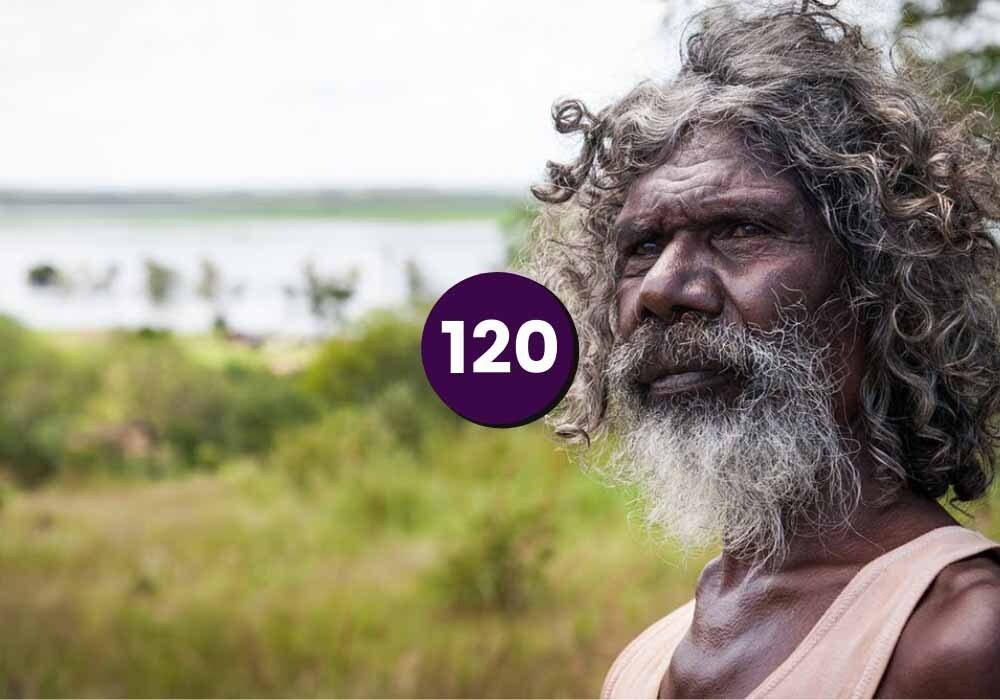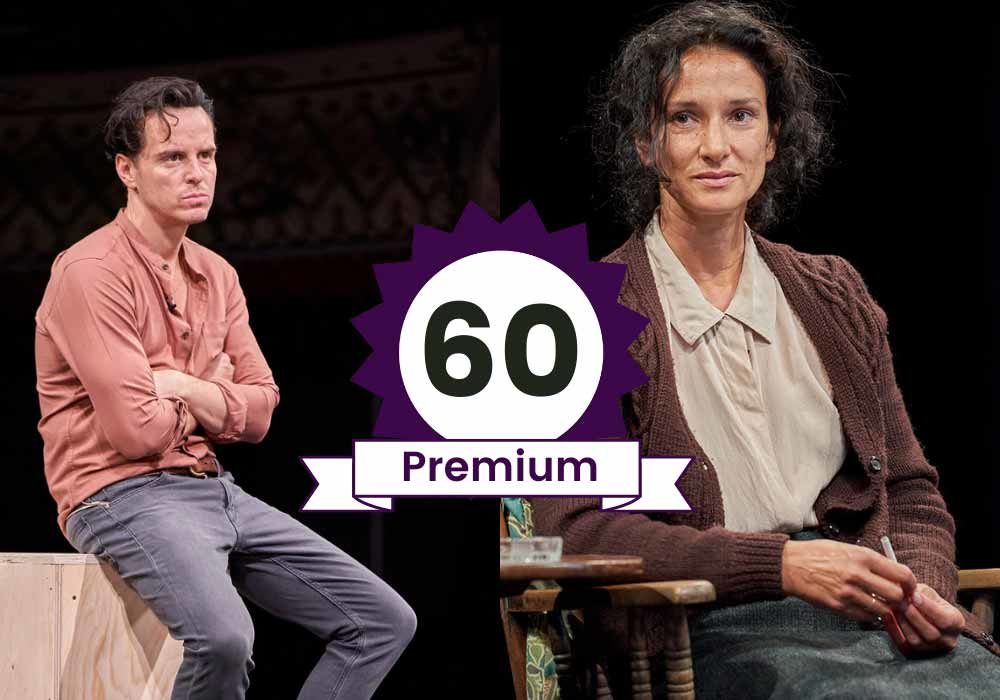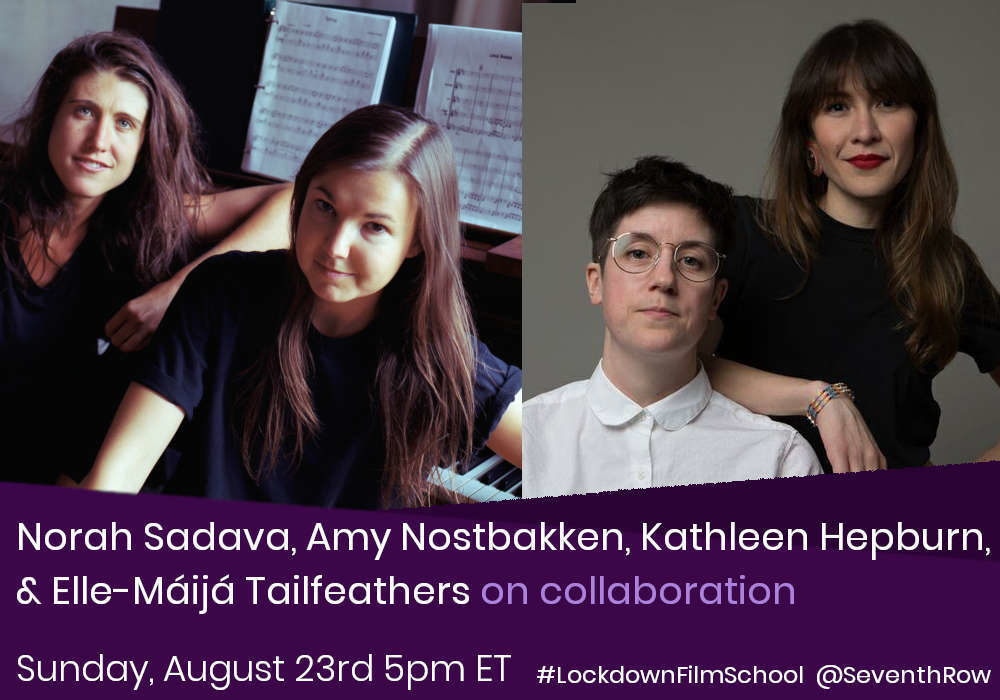We discuss Benedict Cumberbatch at his best, worst, & poshest, from The Power of the Dog to The Courier to The Electrical Life of Louis Wain.
Acting
Ep. 124: Olivia Vinall on performing Shakespeare
Alex interviews British actress Olivia Vinall about performing Shakespeare
Ep. 120: David Gulpilil: Remembering his work in Charlie’s Country and beyond
On this episode, we’re celebrating the legacy of Aboriginal Australian actor David Gulpilil, with a particular focus on Charlie’s Country.
Bonus Episode 19: Who is the poshest actor in Britain?
We’re joined by Fiona Underhill and Caitlin Merriman to battle it out: who is the poshest actor in Britain?
Ep. 60: Old Vic In Camera Productions: Three Kings and Faith Healer
In this episode, we discuss the two latest Old Vic In Camera productions, Three Kings and Faith Healer. The podcast considers acting for the camera on stage, the very talented Andrew Scott, and the future productions we would like to see.
Lockdown Film School 14: A masterclass on collaboration
A collaboration masterclass with Elle-Máijá Tailfeathers, Kathleen Hepburn, Norah Sadava, and Amy Nostbakken.





